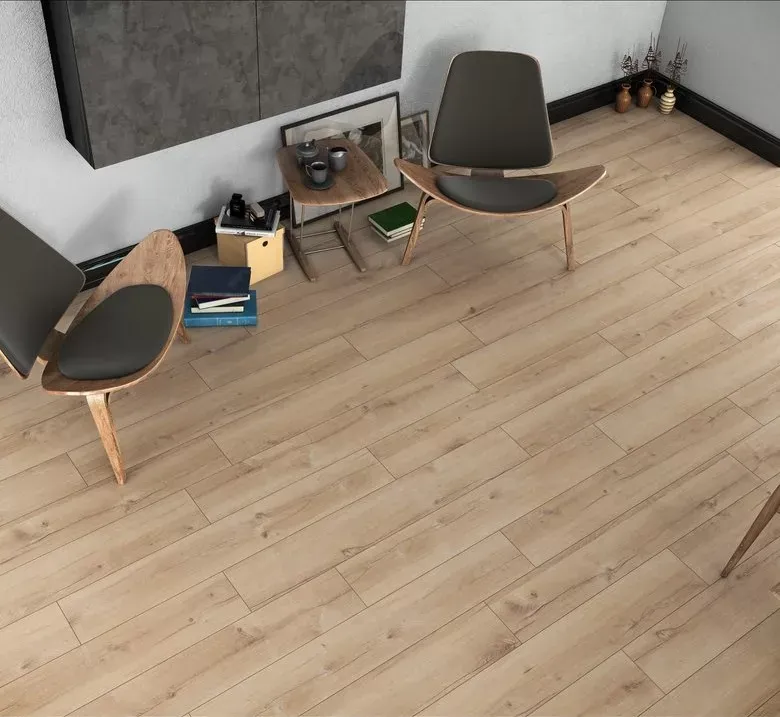baseboard commercial
Exploring the Baseboard Commercial A Key Element in Home Design
In the realm of interior design, seemingly small details can significantly influence the overall aesthetic and functionality of a space. One such detail that often goes unnoticed is the baseboard. The baseboard, or skirting board, serves not just as a transition between the wall and the floor, but it also plays a crucial role in enhancing the overall appeal of both residential and commercial properties. This article delves into the significance of baseboards in commercial settings, exploring their features, materials, and the impact they can have on the environment.
The Importance of Baseboards in Commercial Spaces
Baseboards in commercial spaces are vital for several reasons. Firstly, they provide a finished look to a room, offering a clean transition that disguises the rough edges of flooring and walls. This is especially important in commercial environments, where professional appearance is paramount. Whether it's an office, retail space, or hospitality venue, well-selected baseboards can elevate the overall look of the area, contributing to a cohesive design plan.
Secondly, baseboards protect walls from scuffs and damage. In commercial settings, foot traffic can be significantly higher than in residential homes, making the risk of wall damage greater. Baseboards act as a barrier, preventing furniture and equipment from striking the walls and creating unsightly marks or dents. Over time, this protective function can lead to substantial cost savings, as businesses won’t need to frequently repair or repaint walls.
Material Choices for Baseboards
When it comes to commercial baseboards, the material selected is critical. Common materials include wood, MDF (medium-density fiberboard), PVC, and metal, each with its unique set of advantages.
1. Wood Wooden baseboards are classic and can add warmth and elegance to a space. They can be stained or painted to match the décor, but they may require more maintenance and care.
2. MDF This material is often chosen for its affordability and versatility. MDF baseboards can be easily painted and are less prone to warping than wood. They are an excellent option for commercial spaces where cost efficiency is a priority.
3. PVC For areas prone to moisture, such as restrooms or kitchens, PVC baseboards are an excellent choice. They are waterproof, durable, and easy to clean.
baseboard commercial

4. Metal In modern and industrial designs, metal baseboards can provide a sleek and contemporary look. These are often utilized in high-end commercial spaces due to their aesthetic appeal and durability.
Design Considerations
Selecting the right baseboard involves more than just choosing a material—it’s also about considering the design and style that will best complement the space. The height, profile, and color of the baseboard can dramatically affect the room's overall feel.
- Height Taller baseboards can create a sense of grandeur and sophistication, making them ideal for offices or upscale retail environments. Conversely, shorter baseboards can offer a more modern and minimalistic look.
- Profile The design of the baseboard—whether it’s straight, rounded, beveled, or decorative—can further enhance the space's character. For instance, ornate profiles may suit traditional settings, while sleek, angular styles are better suited to contemporary designs.
- Color The color of baseboards can make or break a design. White baseboards are a popular choice for their versatility but adding a splash of color can help to accentuate certain design elements in a commercial space.
Environmental Considerations
In today’s world, sustainability is a significant consideration in all aspects of construction and design, including baseboards. Many manufacturers are now offering eco-friendly materials that are sourced responsibly and produced with a lower environmental impact. Businesses that prioritize sustainability can benefit from choosing baseboards made from recycled materials or those that have undergone environmentally friendly manufacturing processes.
Conclusion
In conclusion, baseboards are an essential yet often overlooked element of commercial interior design. Their protective function, aesthetic contribution, and the ability to bring together various design elements make them a crucial choice for any business looking to establish a professional and appealing environment. By considering materials, design, and sustainability, businesses can select baseboards that not only serve a practical purpose but also enhance the overall experience for employees and customers alike. Investing in the right baseboards can pay dividends in terms of both aesthetics and functionality, making them a wise consideration in any commercial design project.
-
Waterproof Advantages of SPC Flooring Vinyl in KitchensAug.06,2025
-
SPC Hybrid Waterproof Flooring Thickness GuideAug.06,2025
-
Leveling Subfloor Before My Floor SPC InstallAug.06,2025
-
How Mesh Deck Skirting Improves Outdoor Pest ControlAug.06,2025
-
Choosing the Right Commercial Flooring for Your Business NeedsAug.06,2025
-
Choosing the Best Residential Flooring: A Comprehensive Guide to Style, Durability, and ComfortAug.06,2025




